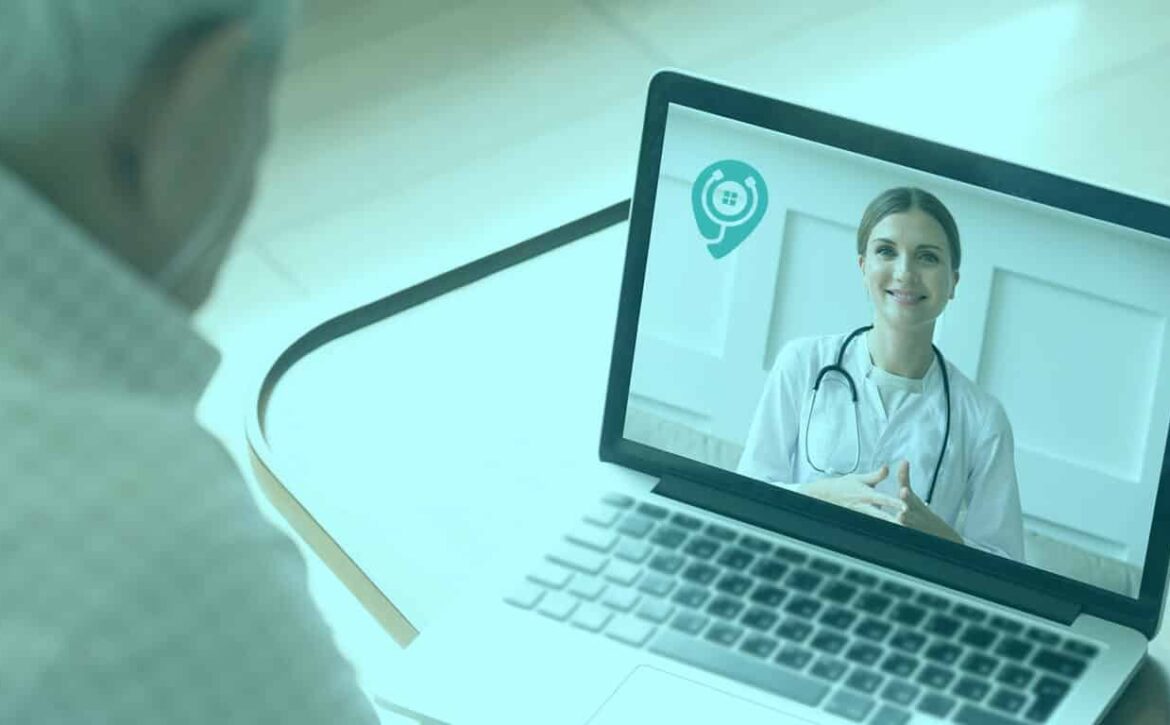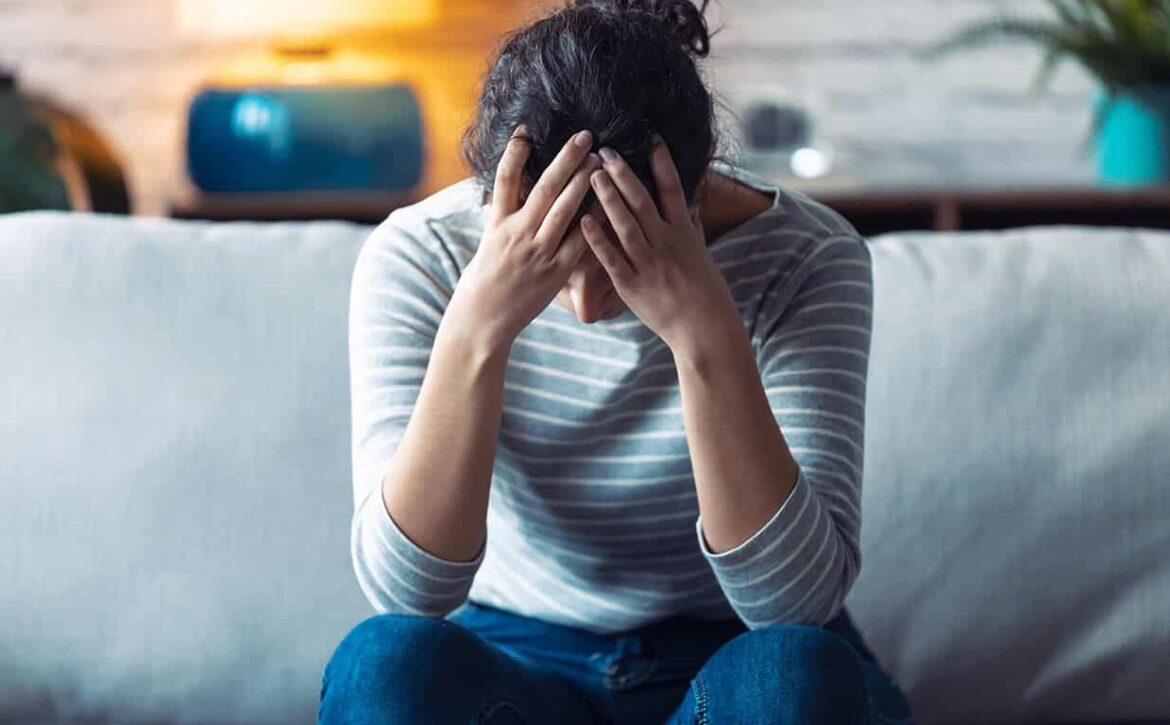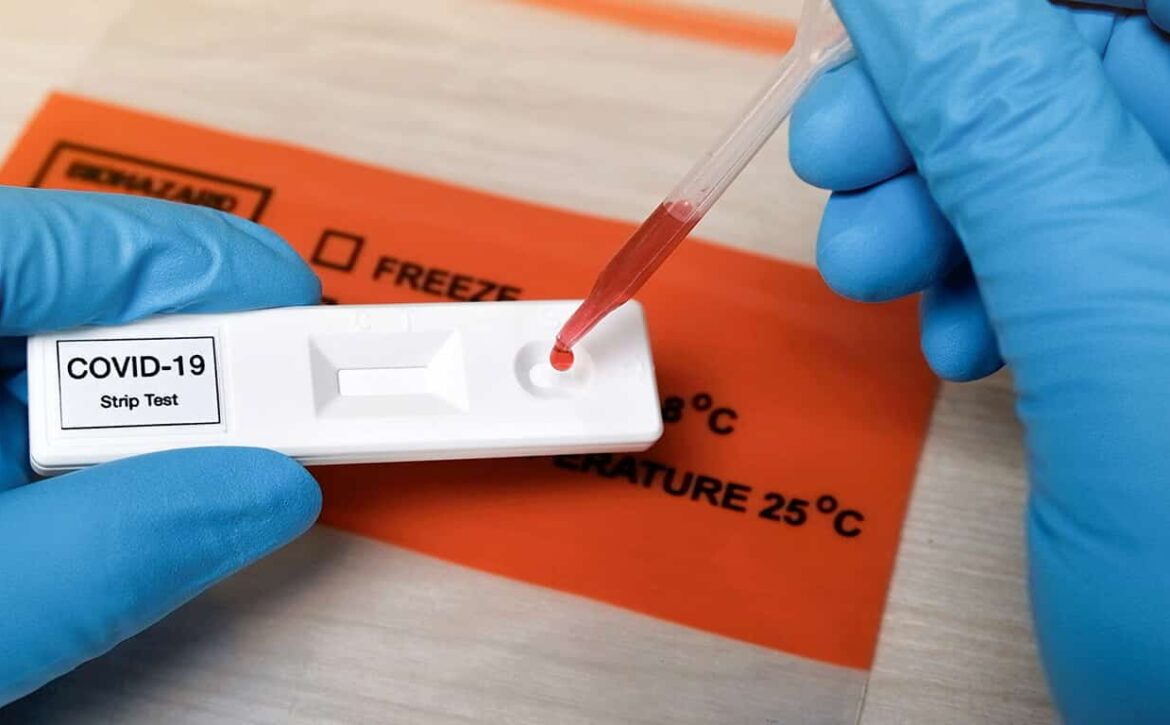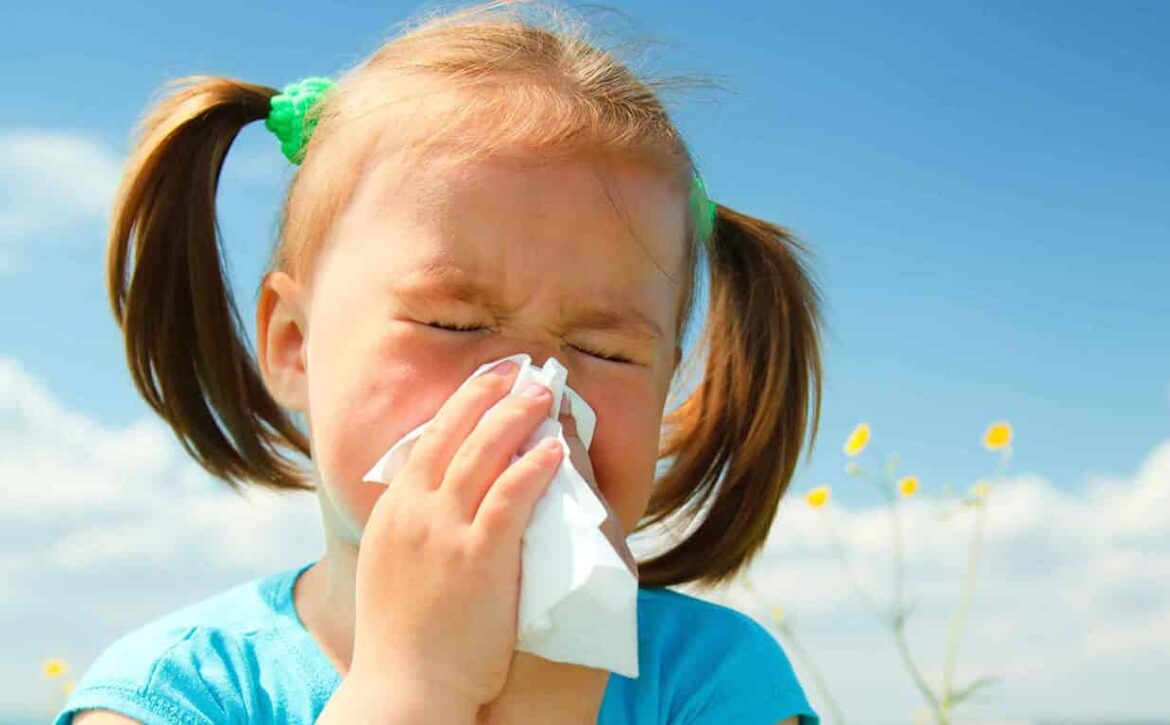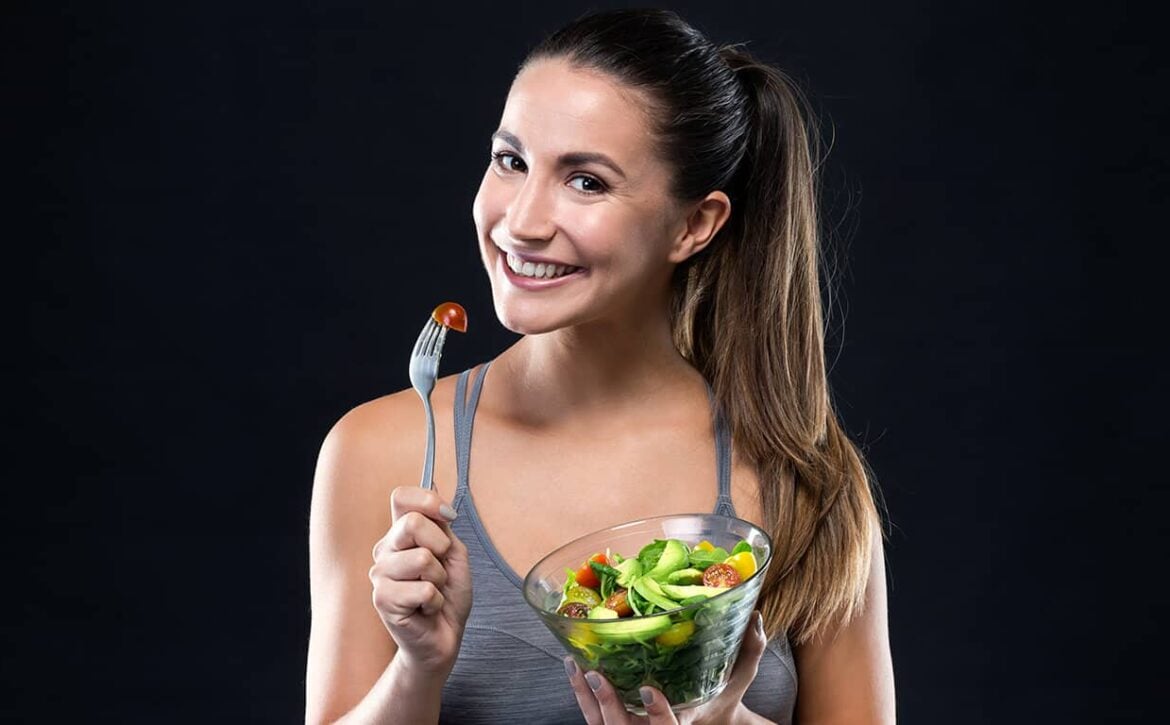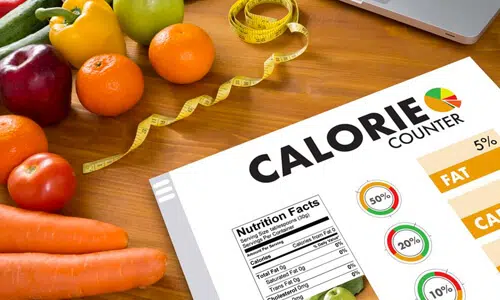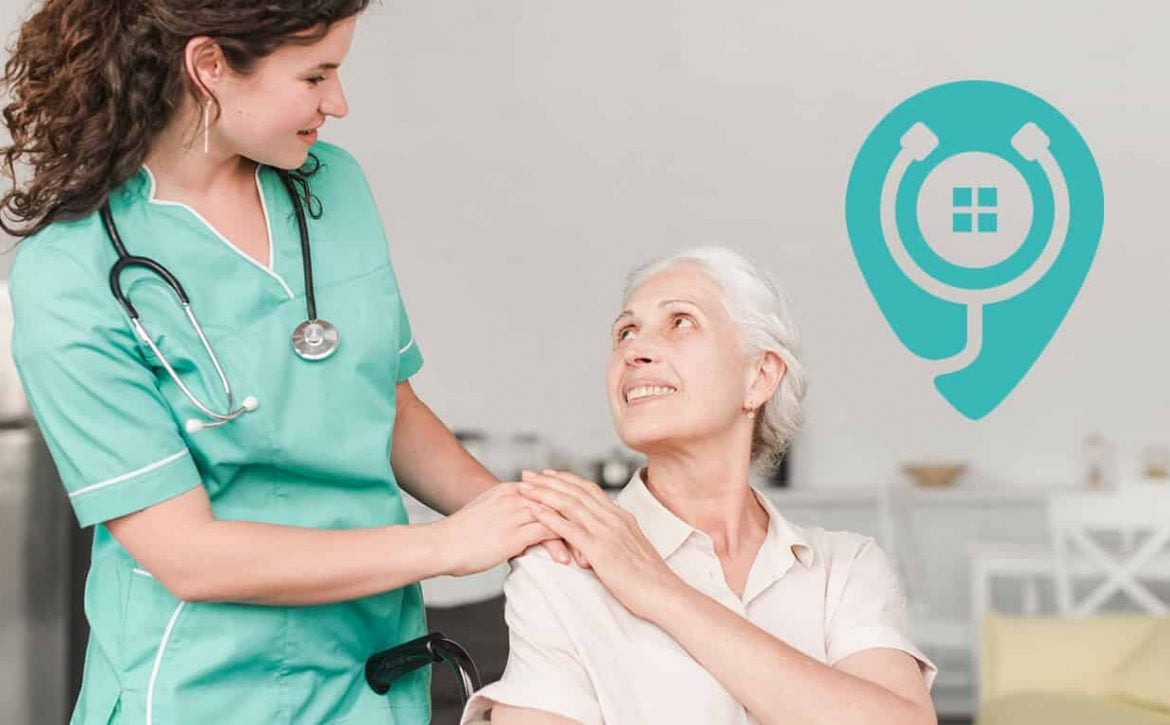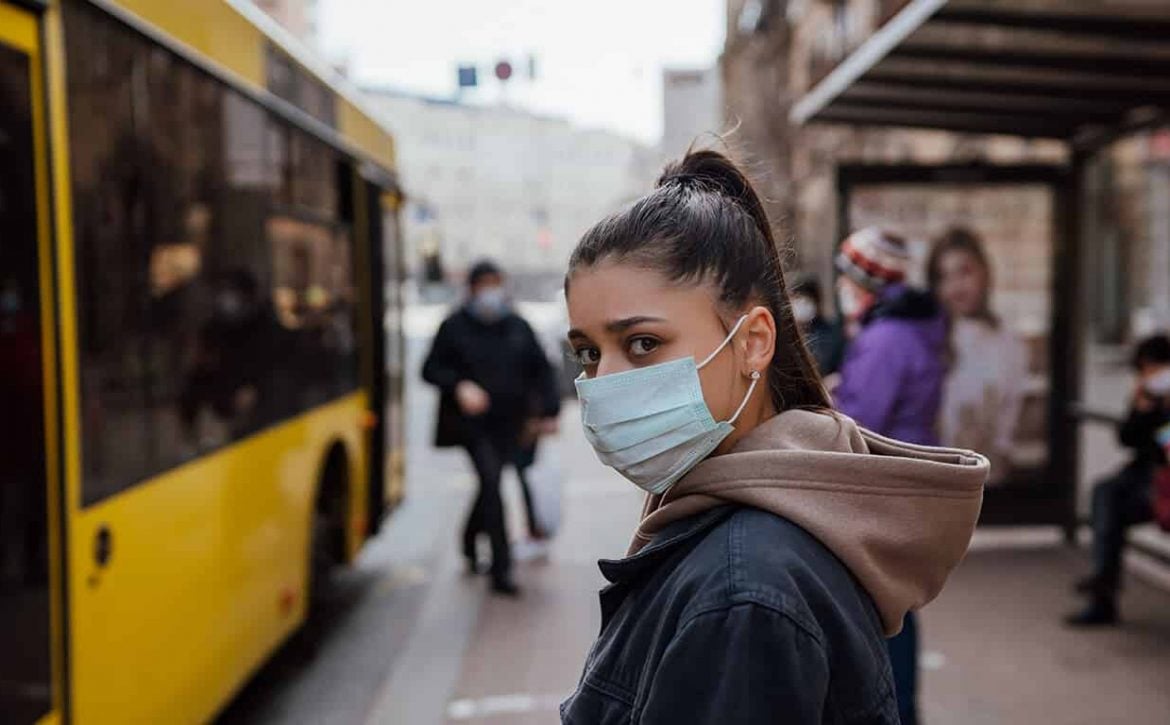Telemedicine – the social distancing healthcare platform
Remember the days when you had to wait for that one village-doctor to come by your house in his horse buggy, with all his tools and diagnose and treat you? Yeah, us neither. We live in modern times, and thankfully, healthcare has evolved with it. Hospitals, vaccines, specialists, anaesthesia, we really have come a long way – we’ve come to depend on our healthcare heroes to nurse us back to health. So when a pandemic like COVID-19 hits, and we’re afraid to step out of our houses or have any kind of contact with other humans, how do we take care of our health? Enter Telemedicine.
What is Telemedicine?
Telemedicine is a broad term that refers to healthcare services provided with the help of telecommunication technologies – it primarily involves patient diagnosis and monitoring over an audio-visual platform. Telemedicine is not a new term – it has been around since the 1950’s, and essentially came about to reach people in remote places. As all new things go, it has been adapted to suit modern times. With most of us looking for convenience, and not being particular fans of long wait times at the physician’s office, Telemedicine can help connect doctors and patients and skip some lines, so to speak.
How is Telemedicine performed?
Telemedicine these days is usually done over video calls – in most cases, the software used would have to comply with governmental regulations to protect the patient’s health information – where the physician can look at, ask questions and conduct examinations of the patient. Next steps are recommended based on the diagnosis, and if monitoring is necessary, the physician can check in using the same mechanism. In advanced cases, some preparation may be essential – like heart rate monitors that can be connected to the patient so it can send the patient’s vitals directly and continuously to the doctor’s office. Telemedicine is continuing to evolve as new technologies become available, making the healthcare continuum easier to navigate.
Can Telemedicine replace all current healthcare?
Despite its application and uses, Telemedicine cannot be a cure-all. There are still some situations that require physical contact and examination from a physician, as well as surgeries and other therapies that cannot be administered remotely. However, for urgent issues that need a first-line triage and don’t have to involve the emergency rooms, telemedicine can be a useful replacement in avoiding long lines at the hospital.
How can I take advantage of Telemedicine?
Our GPs at Gogodoc are big fans of Telemedicine. One of the pioneers in bringing this option to the public in UK, Gogodoc has been offering phone video online consultations at the click of a button. While we get through one of the worst times in recent history and protect ourselves by staying indoors and socially distanced, it is imperative to continue to take care of our health and promptly attend to any concerns. If venturing out to a hospital seems daunting, take advantage of Telemedicine. Get on an online video consultation with an NHS-registered GP now and get expert medical advice – at Gogodoc, you can even get same-day appointments, and prescriptions and referrals are included in your consultation. Book an appointment using our website, or download the app today! Get modern with medicine, stay home, and stay safe!


